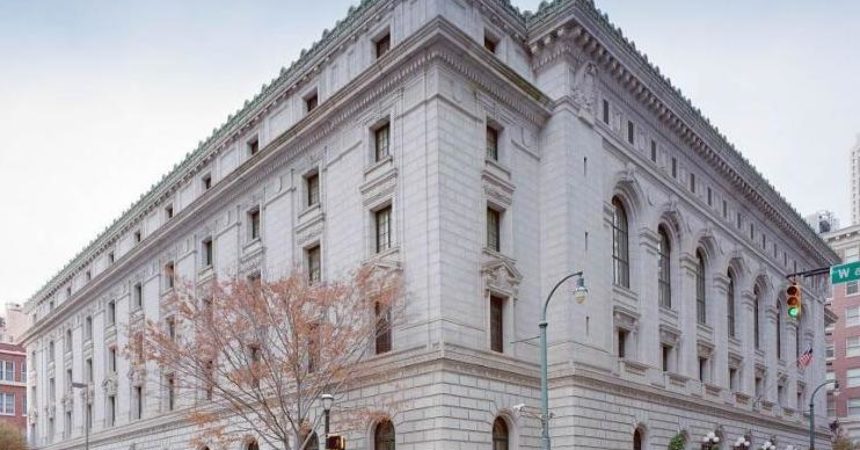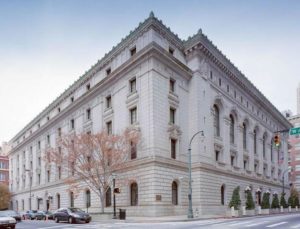
Christian school wins round over pre-game prayer
By Jim Saunders
The News Service of Florida
A federal appeals court last Wednesday overturned the dismissal of a lawsuit about whether the Florida High School Athletic Association improperly prevented Christian schools from offering a prayer over the stadium loudspeaker before a 2015 state championship football game.
Cambridge Christian School of Tampa argues in the lawsuit that the decision blocking the use of the loudspeaker for the prayer violated First Amendment rights. U.S. District Judge Charlene Edwards Honeywell in 2017 dismissed the case, but a three-judge panel of the 11th U.S. Circuit Court of Appeals overturned that ruling last Wednesday and sent the lawsuit back to the lower court.
“The lower court was too quick to pull the trigger insofar as it dismissed the appellants’ (Cambridge’s) free speech and free exercise (of religion) claims,” the 70-page appeals court decision said. “We cannot say whether these claims will ultimately succeed, but Cambridge Christian has plausibly alleged enough to enter the courtroom and be heard.”

A three-judge panel of the 11th U.S. Circuit Court of Appeals last week overturned a previous ruling against Christian school prayer and sent the lawsuit back to the lower court.
Photo special to the Outlook
The case stems from a December 2015 football championship game between Cambridge Christian and Jacksonville’s University Christian School at Camping World Stadium in Orlando. The athletic association prevented the use of the public-address system for a prayer, saying in court documents that such a prayer would have been viewed as “government speech.”
“The two schools, both Christian institutions, asked the FHSAA for permission to conduct a joint prayer over the loudspeaker before kickoff, as they each typically did before all other games. The schools presented this request and the practice of communal prayer more generally as being tied to their religious missions and as being very important to the members of their communities,” Wednesday’s decision by the Atlanta-based appeals court said. “The FHSAA denied the request, citing the Supreme Court’s Establishment Clause precedent and the principle of ‘separation of church and state.’”
Cambridge Christian filed the lawsuit in federal court in Tampa, but Honeywell rejected the arguments that the association had violated First Amendment rights. She wrote that the school’s position “amounts to a request that the FHSAA open its loudspeaker, which otherwise is not accessible to private parties, to allow for prayer to be broadcast during a government controlled and hosted event. This would likewise be perceived as state endorsement of Cambridge Christian’s religious message.”
But the appeals court reversed the dismissal, saying the constitutional arguments and facts of the case should receive closer scrutiny.
“As we see it, the district court was too quick to dismiss all of Cambridge Christian’s claims out of hand,” said the decision, written by Judge Stanley Marcus and joined by judges Gerald Tjoflat and Kevin Newsom. “Taking the complaint in a light most favorable to the plaintiff, as we must at this stage in the proceedings, the schools’ claims for relief under the Free Speech and Free Exercise Clauses have been adequately and plausibly pled. There are too many open factual questions for us to say with confidence that the allegations cannot be proven as a matter of law. The question of whether all speech over the microphone was government speech is a heavily fact-intensive one that looks at the history of the government’s use of the medium for communicative purposes, the implication of government endorsement of messages carried over that medium, and the degree of government control over those messages.”
Among other things, the appeals court pointed to evidence about public-address systems being used for similar prayers in the past and whether the athletic association in 2015 “arbitrarily and haphazardly denied access to the forum in violation of the First Amendment.”
“At the end of the day, Cambridge Christian has said enough to plausibly allege violations of the Free Speech and Free Exercise Clauses of the United States and Florida Constitutions,” the decision said.







